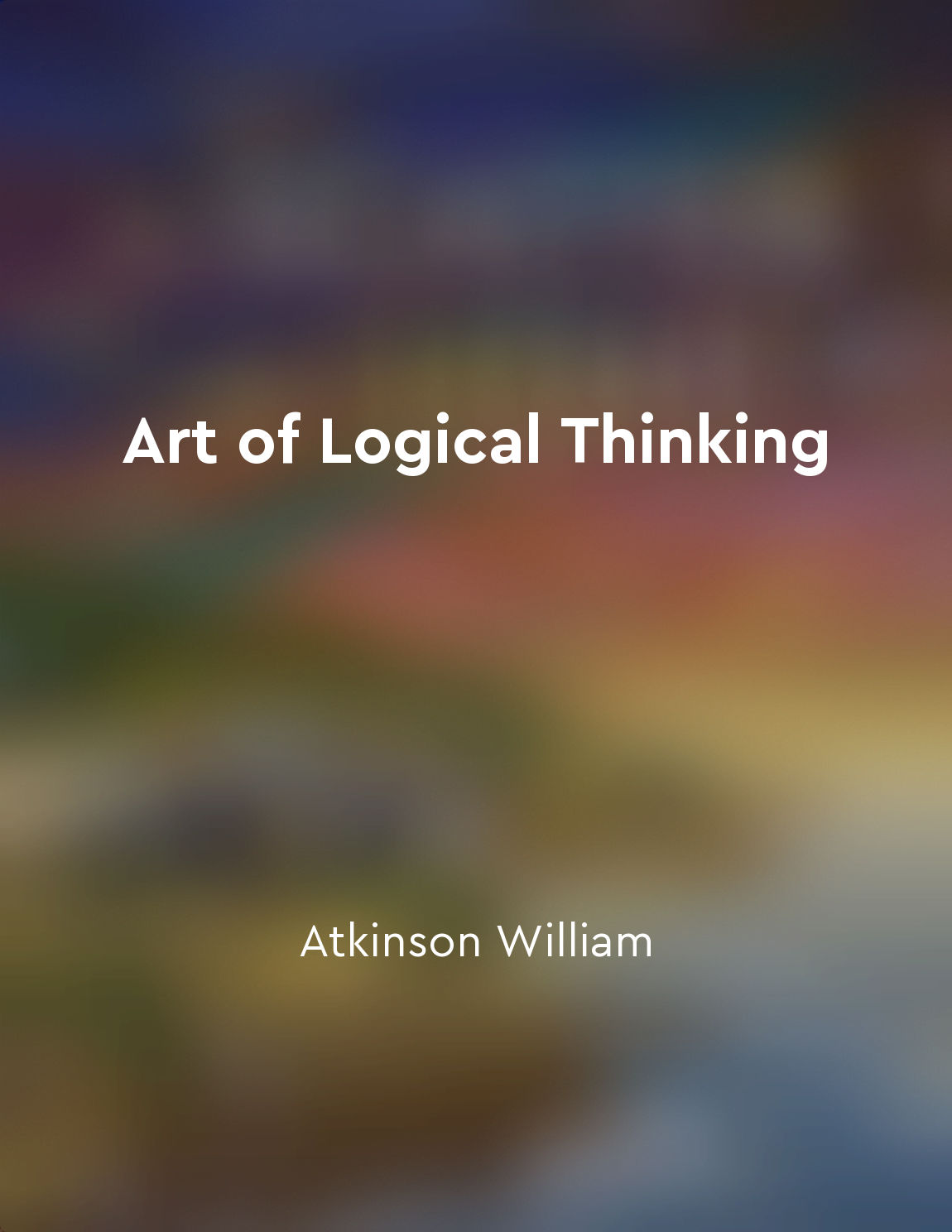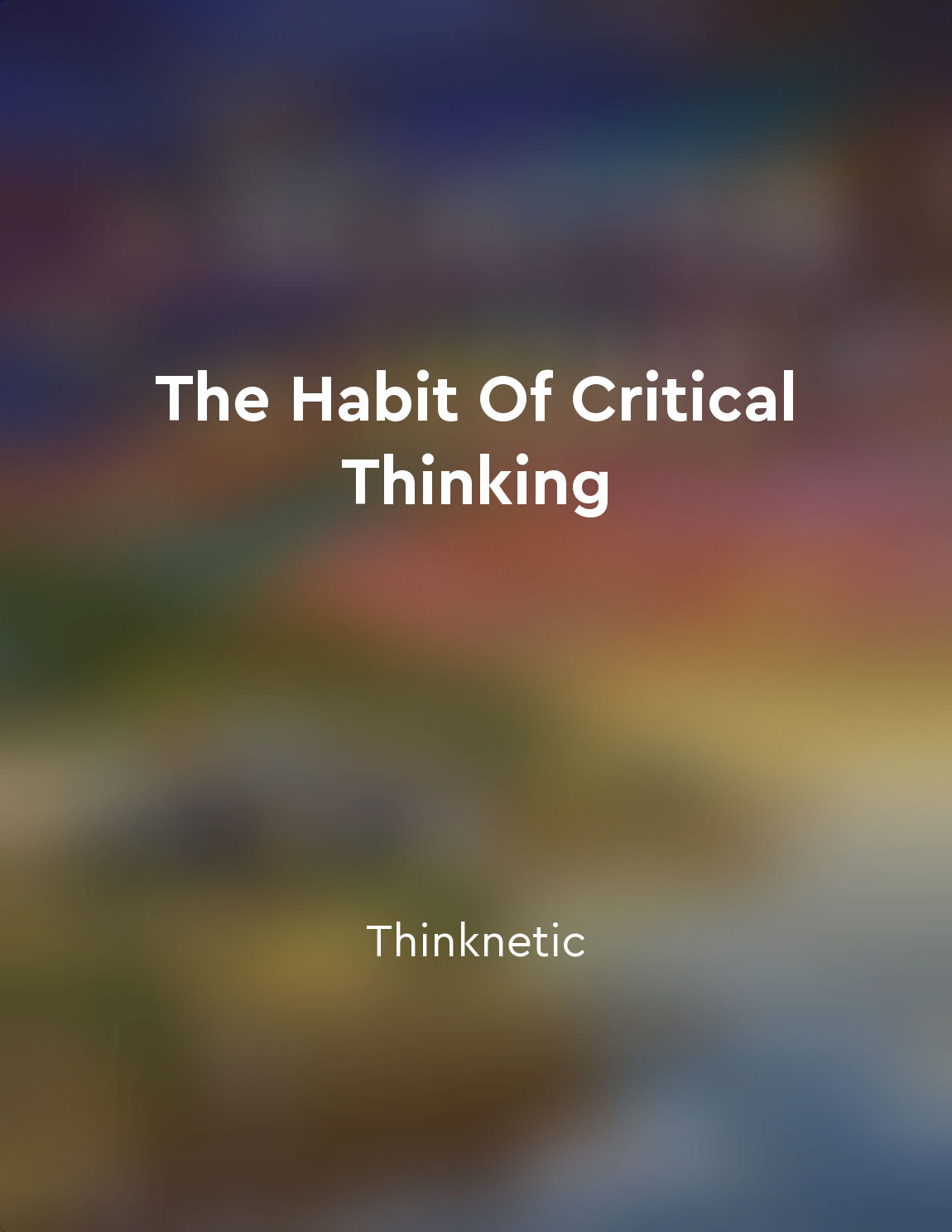We are prone to biases and prejudices from "summary" of The Social Animal by Elliot Aronson
Our minds are complex and intricate, capable of incredible feats of reasoning and understanding. However, they are also susceptible to a myriad of biases and prejudices that can cloud our judgment and influence our behavior in ways we may not even realize. These biases and prejudices are often deeply ingrained within us, shaped by our upbringing, experiences, and the society in which we live. One of the reasons we are prone to biases and prejudices is our tendency to categorize and simplify the world around us. In order to make sense of the vast amount of information bombarding us on a daily basis, our brains often rely on mental shortcuts known as heuristics. These heuristics help us make quick decisions and judgments, but they can also lead to oversimplification and stereotyping. Furthermore, our desire to maintain a positive self-image can also fuel biases and prejudices. We tend to seek out information that confirms our pre-existing beliefs and attitudes, while ignoring or dismissing information that challenges them. This confirmation bias can perpetuate stereotypes and reinforce discriminatory behavior. Additionally, our socialization plays a significant role in shaping our biases and prejudices. From a young age, we are exposed to social norms, cultural values, and stereotypes that can influence how we perceive others and ourselves. These societal influences can contribute to the formation of implicit biases that operate outside of our conscious awareness. Moreover, our need for social identity and belonging can also contribute to biases and prejudices. We often align ourselves with groups that share similar beliefs and values, leading us to favor our in-group while discriminating against out-groups. This ingroup bias can create a sense of "us vs. them" mentality that perpetuates prejudice and discrimination.- Our propensity for biases and prejudices is a complex interplay of cognitive, social, and emotional factors. By understanding the mechanisms that drive these biases, we can work towards overcoming them and fostering a more inclusive and equitable society.
Similar Posts

Clarity is essential for effective communication
The importance of clarity in communication cannot be overstated. When thoughts are not clearly expressed, misunderstandings are...

Strive for continuous improvement
Continuous improvement is a fundamental concept in the realm of critical thinking. It involves the unceasing effort to enhance ...
Social isolation can have negative effects on mental health
Social isolation, the experience of being disconnected from others, can be detrimental to mental health. This is because humans...
Social facilitation refers to the enhancement of performance in the presence of others
Social facilitation is a phenomenon where the presence of others can influence an individual's performance. This effect has bee...

Building selfconfidence can prevent manipulation
When you lack self-confidence, you become an easy target for manipulators. They can sense your vulnerabilities and use them aga...
Identify when safety is at risk and address it immediately
When safety is at risk during a crucial conversation, it is essential to address the issue immediately. Safety in this context ...
Critical thinkers evaluate the credibility of sources
Critical thinkers are aware that not all sources of information are created equal. In today's digital age, anyone can publish a...
Social learning is a key aspect of human cognition
Humans are fundamentally different from other animals in terms of their cognitive abilities. One key aspect that sets humans ap...
Leaders often manipulate public opinion for their own benefit
In the intricate web of society, leaders wield immense power through their control over public opinion. This power, when used j...

Routines become automatic through practice
When we repeatedly perform a series of actions, our brains form neural pathways that make those actions easier to execute. This...

